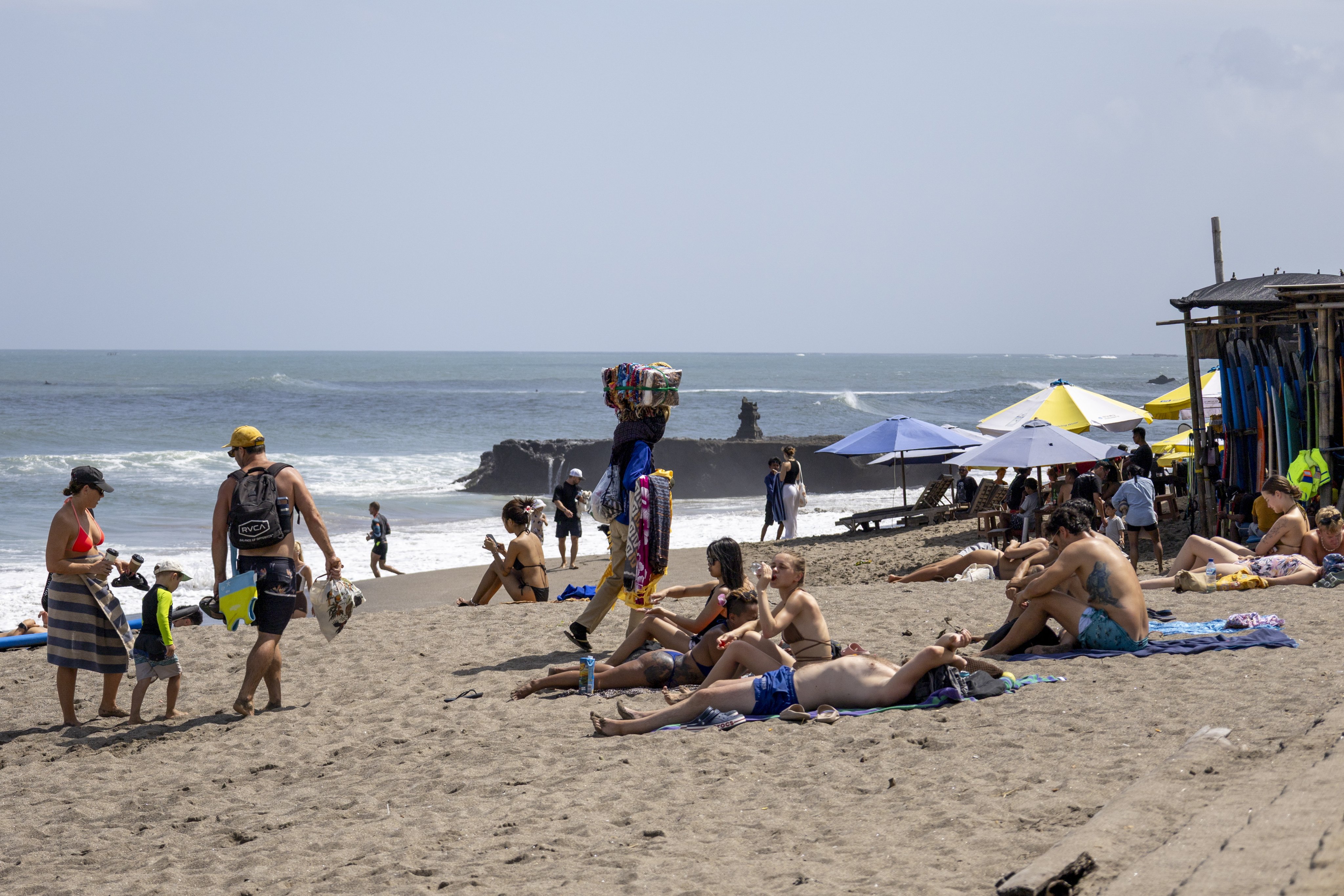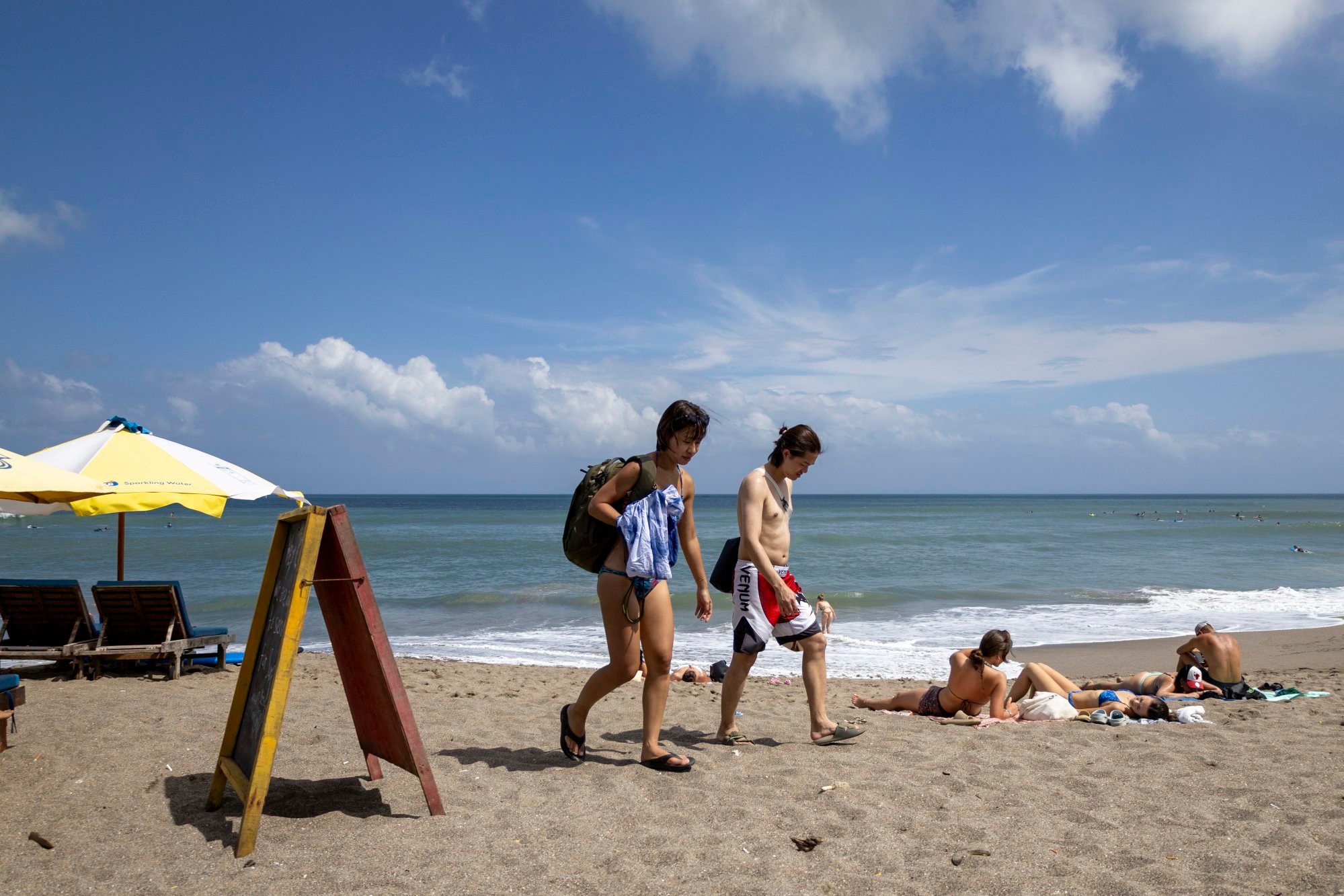Thailand-Cambodia row benefits Bali, as tourists trade temples for beaches
Indonesian industry experts estimate a 10-15 per cent rise in visitors to the island due to the hostilities between Bangkok and Phnom Penh

The tourism industry in Indonesia’s holiday hotspot Bali is preparing for a potential influx of travellers who are re-routing their holidays from Thailand, spooked by the recent border conflict with Cambodia, even though a fragile ceasefire is now in place.
Local officials and hotel operators have reported early signs of shifting travel patterns as global tourists seek out safer alternatives in Southeast Asia, according to I Gusti Agung Ngurah Rai Suryawijaya, deputy chair of the Indonesian Hotel and Restaurant Association (PHRI) in Bali.
“Because Bali is considered safe and conducive, we are seeing a spillover from tourists who initially planned to visit Thailand,” he told local news outlet NusaBali on Sunday. “There’s no concrete data yet on the re-routing of flights from Thailand to Bali. But it appears the increase in visits is 10-15 per cent.”
Military clashes that erupted on Thursday near Preah Vihear in Cambodia and Ubon Ratchathani in Thailand have left at least 38 people dead and displaced more than 300,000. While a ceasefire was brokered and took effect on Monday at midnight, Thai officials later accused Cambodia of early violations, and negotiations have since stalled amid mutual recriminations.
The fighting prompted updated travel advisories from several governments. Australia’s Smartraveller, the US embassy and the UK Foreign Office now advise against travel within 50km of the Thai-Cambodian border.
While major Thai tourist hubs such as Bangkok and Phuket remain unaffected, the broader perception of instability may be enough to prompt itinerary changes, according to PHRI Secretary Perry Markus.
“This pattern could occur because tourists want to travel in safe and comfortable places,” he told Indonesian news outlet Republika on Sunday, adding that he hoped this would be accompanied by longer tourist stays.
Bali is already in its peak tourist season, but Suryawijaya said the island could still accommodate an influx of tourists. “In Bali, there are already more than 160,000 hotel rooms. When the occupancy rate is only 75-80 per cent or 70-80 per cent, that means we still have 20-30 per cent of available rooms.”
Despite welcoming the potential uplift in visitors, Suryawijaya expressed deep concern about the conflict. “As human beings, of course we are concerned about the war between Thailand and Cambodia. We are from the same region, and something like this should not happen. War brings far more negative impacts, both for people and the environment,” he said.

Airport authority Angkasa Pura reported that Bali’s I Gusti Ngurah Rai International Airport handled 11.4 million passenger movements in the first half of 2025, a slight increase from 11.2 million over the same period in 2024.
Yet tourism experts warn that an uptick in arrivals should not be taken for granted.
“Even if there is a conflict in a country, it does not automatically mean that there will be an overflow of tourists to other countries in the same region,” Ida Bagus Agung Partha Adnyana, chairman of the Bali branch of the Indonesian Tourism Industry Association, told Jawa Pos on Friday.
“Bali and other destinations in Indonesia must still be proactive in maintaining tourist trust by providing a sense of security, comfort and quality service,” he added.
Still, the island faces ongoing challenges to its image. A recent surge in crimes involving foreign nationals has raised concerns among local authorities about the risk of attracting transnational criminal networks. Police have also urged stricter oversight of long-term visitors and unregulated accommodation to protect Bali’s reputation.
Unhandled type: inline-plus-widget {“type”:”inline-plus-widget”}
Officials have also warned tourists to consider their physical fitness before undertaking high-risk activities, following a rise in accidents and emergency rescues.